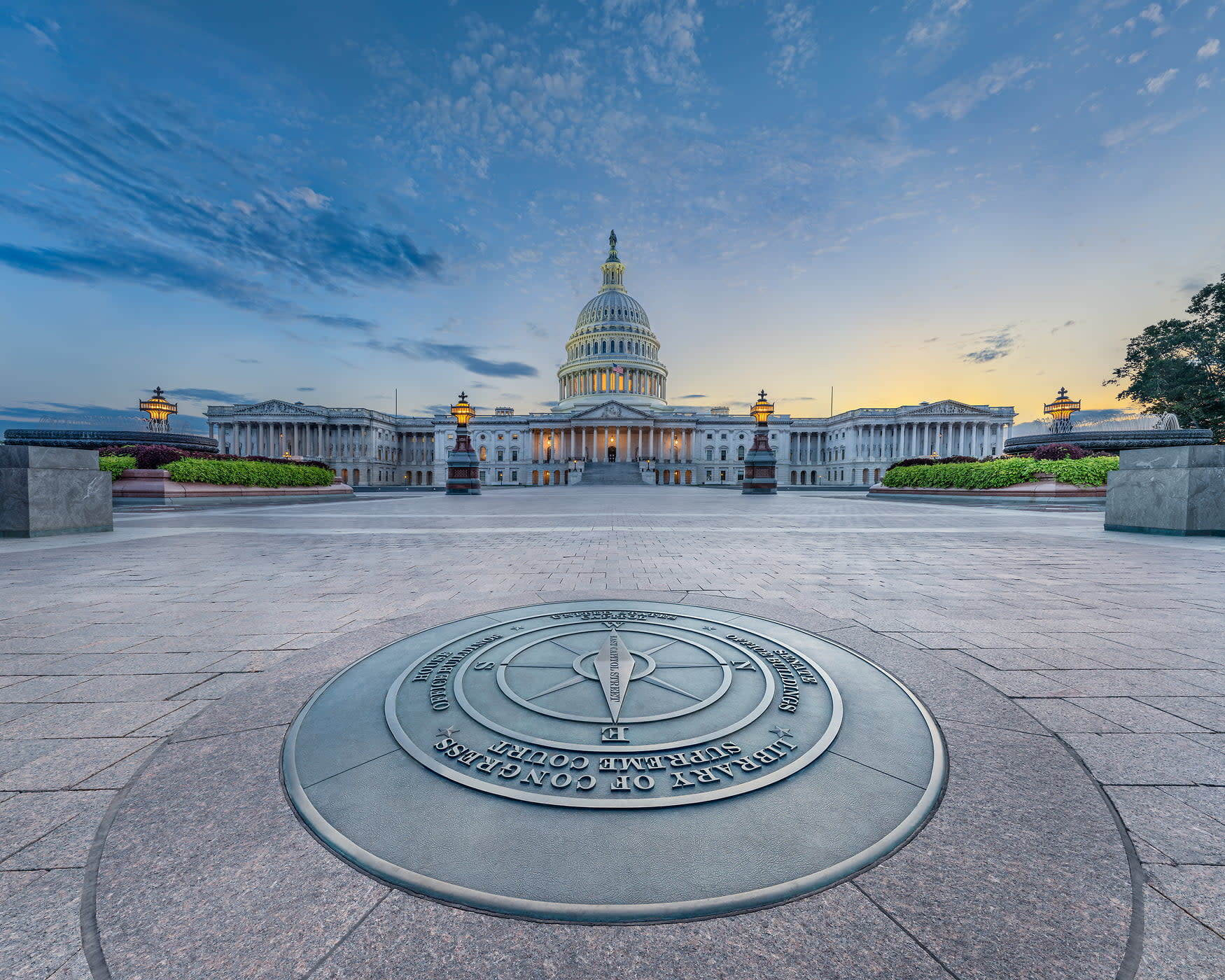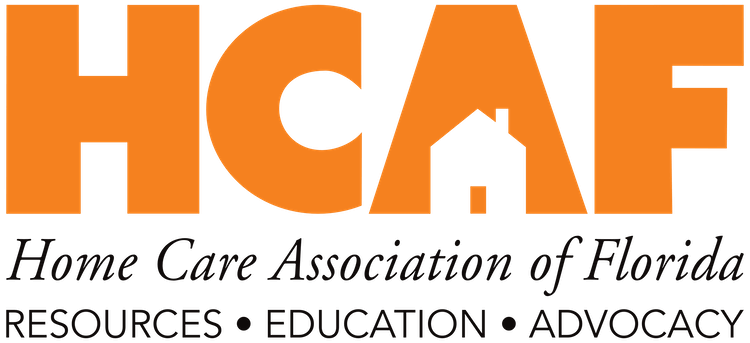Senate Narrowly Passes Bill Cutting Medicaid Funding, Expanding HCBS Options

Senate Narrowly Passes Bill Cutting Medicaid Funding, Expanding HCBS Options
In a dramatic 51-50 vote early on Tuesday, July 1, the U.S. Senate narrowly passed the One Big Beautiful Bill Act (H.R.1), President Trump’s signature domestic policy bill, with Vice President JD Vance breaking the tie. The legislation extends the 2017 tax cuts while imposing significant changes to Medicaid and other social programs, setting up a decisive House vote before the July 4 deadline.
Key highlights from the newly released Senate version include:
- Provider Taxes: The bill delays by one year the planned reduction in provider tax rates used by states to draw down federal Medicaid funding. However, the reduction from 6% to 3.5% will still occur, beginning in 2028 and decreasing gradually by 0.5% per year, potentially reducing state Medicaid revenues that fund home- and community-based services (HCBS) programs.
- Hospital Stabilization Fund: Funding for hospitals would increase from $15 billion to $25 billion, spread over five years, to offset expected revenue losses from other provisions.
- Expanded Access to HCBS: The Senate bill introduces a new HCBS option for individuals who do not meet nursing facility level of care requirements. States could apply for standalone HCBS waivers under this provision with:
- Needs-based eligibility criteria, approved by the Centers for Medicare & Medicaid Services (CMS)
- Safeguards to ensure existing waiver programs are not negatively impacted
- Cost neutrality requirements ensuring per-person spending does not exceed institutional care costs
- Annual reporting to HHS on service utilization, costs, and impacts
- Restrictions preventing federal funds from paying third parties for benefits like health insurance or training in self-directed models
- Implementation funding of $50 million in fiscal year 2026 and $100 million in fiscal year 2027 to help states enhance their delivery systems, distributed based on each state’s eligible HCBS population.
The legislation also imposes stricter Medicaid work requirements and trims SNAP benefits, with early estimates projecting up to 11 million people could lose Medicaid coverage under the proposal.
Overall, these provisions could significantly reshape Medicaid financing and access to home- and community-based care nationwide.
Next Steps and Industry Response
The bill now heads to the House, where GOP leaders face internal divisions over key provisions. The National Alliance for Care at Home voiced alarm, warning the legislation prioritizes budget cuts over the health and wellbeing of vulnerable populations and risks reducing access to HCBS.
“The complexity of the Medicaid program makes it nearly impossible to achieve these cuts without impacting services for older adults and people with disabilities,” said CEO Dr. Steve Landers. “We urge the House to reject the most draconian pieces of this bill and refocus on reducing fraud and increasing cost-effective care delivery.”
HCAF will continue monitoring developments as the House prepares for a final vote later this week.
